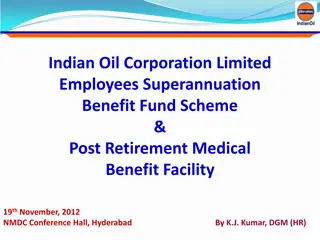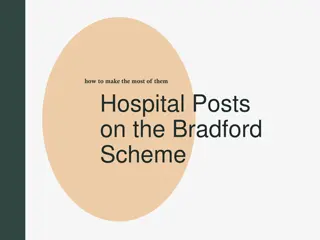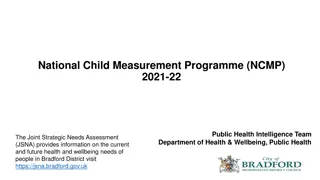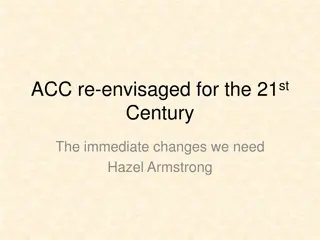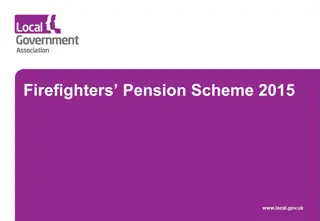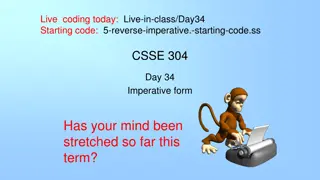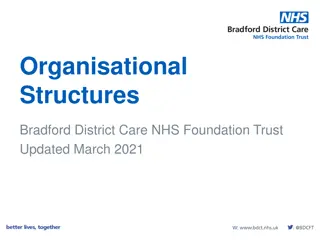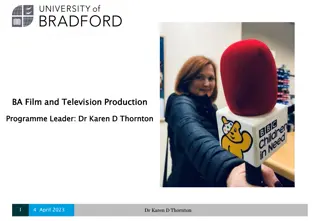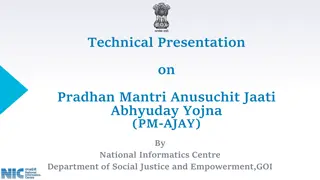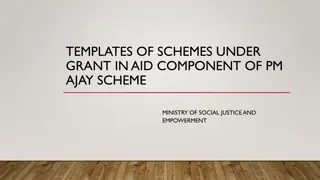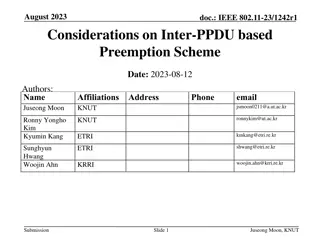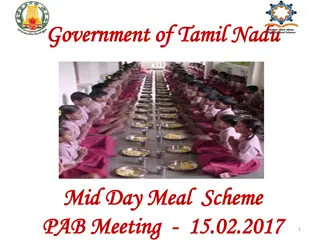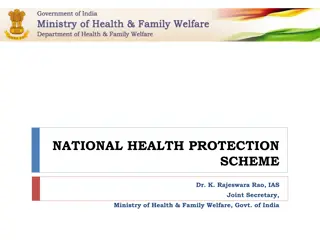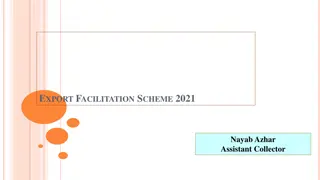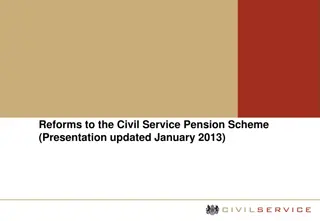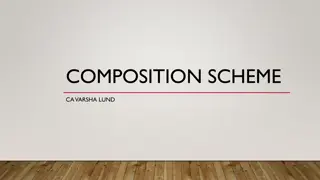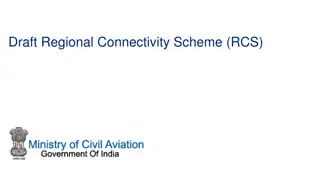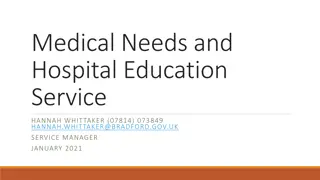How to Maximize Your Experience on the Bradford Scheme
Explore the various aspects of GP posts on the Bradford Scheme, including the structure of rotations, differences in working in general practice, and the expectations for urgent and unscheduled care. Discover tips on making the most of GP posts, understanding the unique dynamics of general practice, and excelling in the training program.
Download Presentation

Please find below an Image/Link to download the presentation.
The content on the website is provided AS IS for your information and personal use only. It may not be sold, licensed, or shared on other websites without obtaining consent from the author. Download presentation by click this link. If you encounter any issues during the download, it is possible that the publisher has removed the file from their server.
E N D
Presentation Transcript
GP POSTS ON THE BRADFORD SCHEME How to make the most of them
GP POSTS All the rotations have 18m GP GP posts are 12m in ST3; the other 6m is either in ST1 or ST2, usually a different practice to the one in ST3 Some of the current hospital post are innovative posts- with GP and specialty exposure and so often based in GP.
WHATS DIFFERENT IN GP? Practices are businesses contracted to provide primary medical care for the NHS You remain employed by BTHT. Your trainer More personal relationship than with consultants Many roles teacher, employer, mentor, assessor, possibly friend Practice staff be relaxed but respectful Practice manager a key person to get to know
WHATS DIFFERENT IN GP? Give and take practices may be more flexible employers than hospitals, if you are seen as helpful, conscientious and flexible
WORK IN GP POSTS You won t be thrown in at the deep end there will be an induction period Appointment intervals are long at the start with the eventual aim to reduce to 10 minutes Timetable 7 clinical sessions per week plus educational time with trainer, HDR, study half-day (pro rata for this part time) compatible with WTD Friendly environment but actual work may feel quite isolated
WORK IN GP POSTS Good personal organisation needed follow through, not handover (unless PT when you may need to handover review of a patient to a colleague) Visits by agreement, usually reduced number to allow attendance at HDR/Wednesday tutorials
URGENT AND UNSCHEDULED CARE One of the requirements during GP training is to demonstrate your capabilities in Urgent and Unscheduled care. This includes delivering safe patient care, demonstrating effective communication skills, maintaining continuity for patients and colleagues, coordinating across services and enabling patient self efficacy. You will need to provide evidence of your engagement with UUC. Similarly you will need to provide evidence of your performance in this setting.
URGENT AND UNSCHEDULED CARE Documentation of Urgent and Unscheduled care can be done in 2 ways: Clinical encounters (will be renamed clinical case reviews from August 2020), where new learning has occurred and you wish to reflect on this learning. Completing the UUC /OOH session feedback forms with your supervisor for this session. These should be shared with your ES and also uploaded to the OOH (will be renamed as supporting documentation form August 2020) section of your learning log. You have a contractual requirement to complete Urgent and Unscheduled care/OOH the number of sessions and the hours spent in these sessions will need to be documented. A spreadsheet will need to be completed and uploaded to your ePortfolio under the OOH / Supporting Documentation heading so that it can be reviewed before the completion of training.
QUALITY IMPROVEMENT PROJECT In your first 6m GP placement you are required to complete a QIP Less formally structured than an audit enabling more flexibility and range in scope of subject The Model for Improvement is a recognised tool for undertaking a Quality Improvement Project in a health care setting and can be used as a framework to help you. It asks three questions: Aim What are we trying to accomplish? Measure - How will we know if a change is an improvement? Change -What changes can we make that will result in improvement? It should not be too complicated https://www.rcgp.org.uk/training-exams/training/new-wpba/qip.aspx
EDUCATION IN GP POSTS Support during surgeries and OOH sessions, and debriefing after each surgery. Teaching with trainer according to your educational needs. Assessments by trainer Possibly teaching and/or assessments by other practice members Wednesday group tutorials at The Ridge, 1.30pm 2.45pm
A FEW EXPECTATIONS OF YOU Transport to get yourself to visits and educational sessions Regular attendance at HDR this is part of your contract and is a 2 way street (the practice should enable you to go, and you should go). Reliable attendance of OOH sessions this is a training requirements, failure to meet this means failing training) Moonlighting not encouraged but can be done with explicit agreement of your trainer if you are in full time training; not permitted if you are training LTFT wiithout explicit permission from Senior Management Team at HEEYH.
VARIATION BETWEEN PRACTICES Geographical position Inner city/urban/semi- rural Size Demography of patients Building Number of sites Doctor s interests clinical, medicopolitical, other teaching, non-NHS work Demography of team Systems, IT Management style Ethos/values/priorities
TOP TIPS FROM FORMER TRAINEES 80% of your first GP rotation should be learning/developing your own consultation model. If you nail this early you will fly through ST3 assessments and the CSA The remaining 20% should be learning the day to day GP jobs, practice structure, OOH service, build up on some foundation knowledge and making full use of the e-portfolio
TOP TIPS FROM FORMER TRAINEES If you are on call, make sure there is a trainer with you Getting on well with your trainer is key and makes everything easier Keep a list of your referrals and then check back to read clinic letters to learn from them


